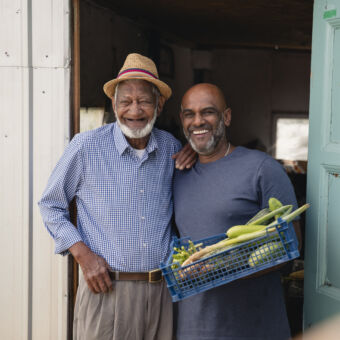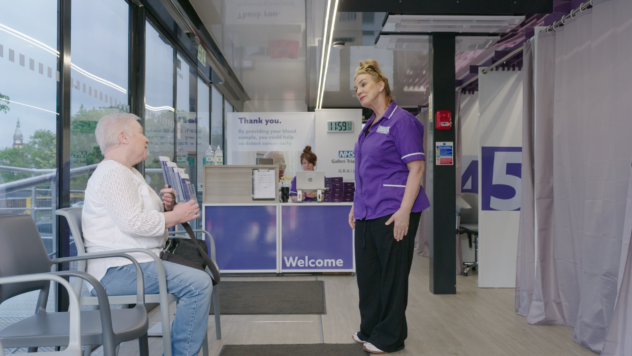Taking part in the NHS-Galleri trial


The NHS-Galleri trial is looking into the use of the Galleri® blood test to see if it can help the NHS to detect cancer early when it is usually easier to treat.
Over 140,000 volunteers aged 50 to 77 have registered to take part in the trial after receiving an invitation letter from the NHS.
Registration is closed
The NHS-Galleri trial is not accepting new participants at this time — registration is closed.
Thank you for taking part in the NHS-Galleri trial. Without your support, the trial would not be possible.
Trial appointments
As a participant in the NHS-Galleri trial, you have been invited to three appointments over two years, about 12 months apart.

Your third (24 month) appointment was your last appointment for the NHS-Galleri trial. Even though you will not be asked to attend any more appointments, you will still be an important part of the trial. This is because information about your health will still be shared by the NHS to help with the trial.
Also, your blood samples may be used for other research in the future. You cannot be identified from this information.
Changing your mind
You can change your mind about taking part at any point during the trial. There are no consequences, and you do not have to give a reason why.
You can tell the trial team if you no longer want to take part. Any information and samples that have already been collected will be kept and used.
Contact the trial team
